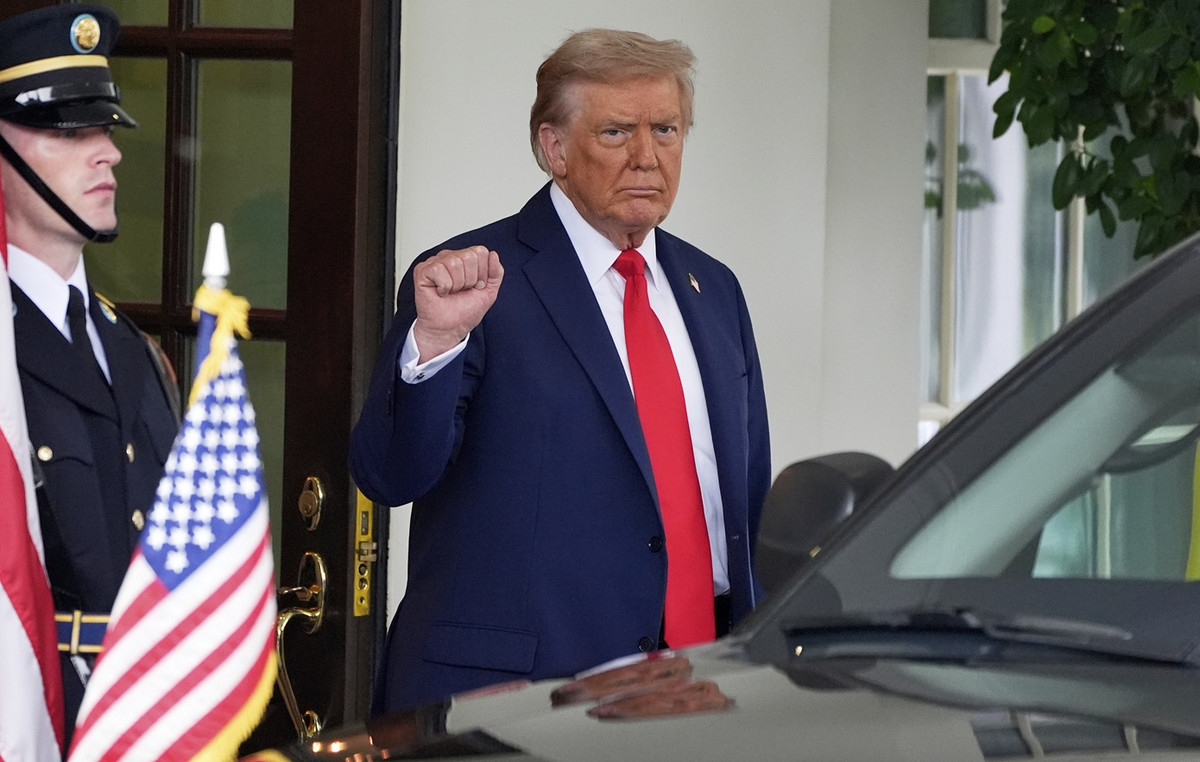In conditions of financial instability, the first cryptocurrency acts as a tool for preserving wealth and a means of making payments. Residents of developing countries use bitcoins to bypass capital controls of traditional banking systems and fiscal authorities. Especially in regions where people are experiencing economic difficulties.
Bitcoin is no longer a purely speculative investment. The largest cryptocurrency is harmoniously integrated into everyday financial transactions and has become a pass to operations in the global financial market, the IMF says.
“Bitcoin transactions provide an opportunity for people in high-inflation countries to stabilize savings and participate in global trade on terms that are not possible through local currencies. However, the lack of oversight and anonymity provided by Bitcoin may complicate efforts by regulators to monitor and control transactions to prevent illegal activities such as money laundering.”
The IMF believes that the international community must come to a unified regulatory framework that covers the unique aspects of digital assets. Since such measures will not only help mitigate regulatory risks, but will allow them to take advantage of the benefits of digital currencies, especially as tools of economic freedom.
Earlier, representatives of the International Monetary Fund reported that the central banks of six countries in sub-Saharan Africa (SSA region) are ready to launch their own digital currencies by 2028.
Source: Bits
I am an experienced journalist, writer, and editor with a passion for finance and business news. I have been working in the journalism field for over 6 years, covering a variety of topics from finance to technology. As an author at World Stock Market, I specialize in finance business-related topics.







